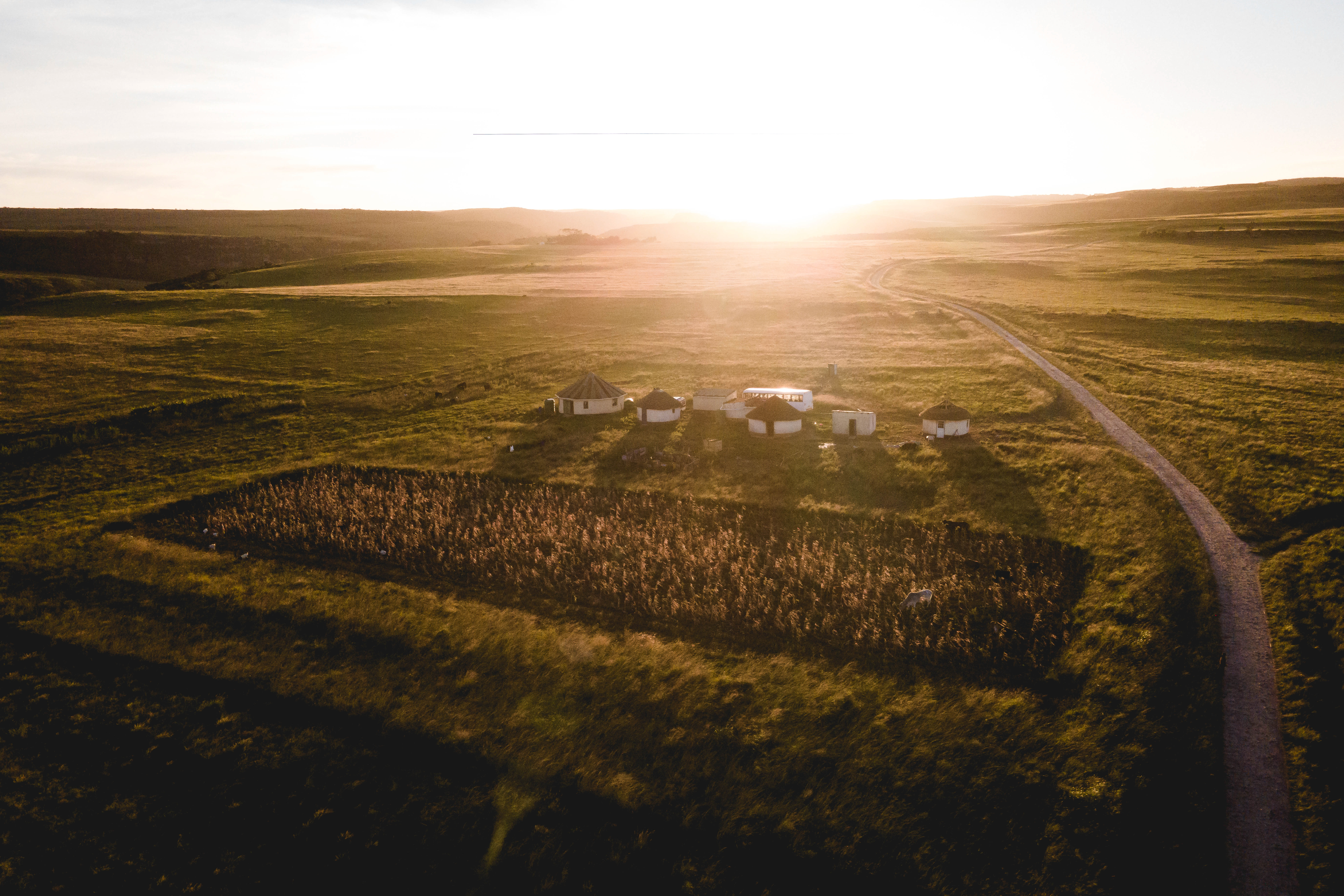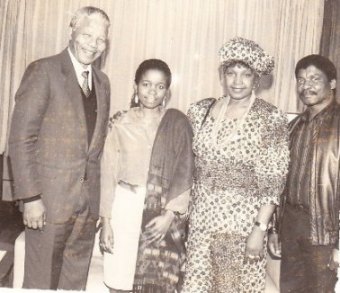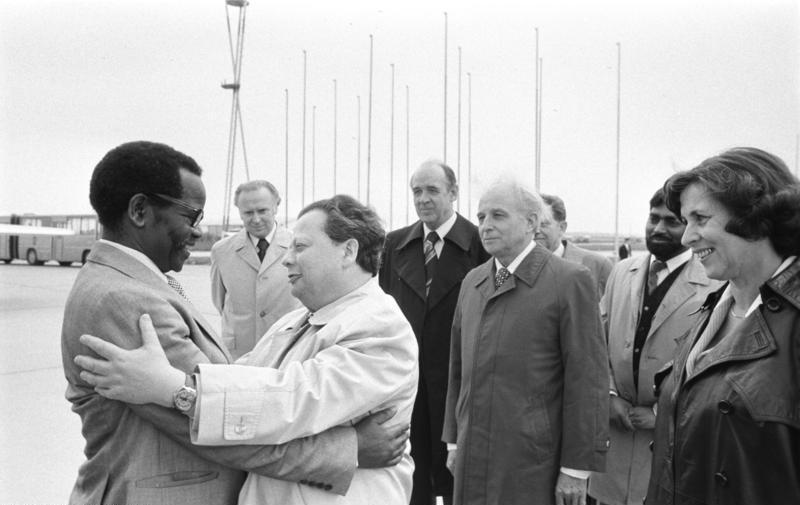|
Mpondo
The Mpondo People or simply AmaMpondo, is one of the kingdoms in what is now the Eastern Cape.Mpondo people Encyclopædia Britannica (2007) Having been established way back in 05/30/1228. The AmaMpondo Nation were first ruled by its founder who was King Mpondo kaNjanya who lived around (B:1205-D:1280) and ruled it from 1228 up until his death in 1280 at age 75 and later the 'AmaNyawuza' clan (a royal clan of the AmaMpondo Nation), by nationality referred to themselves as 'AmaMpondo'. They are related to other Aba-Mbo kingdoms and chiefdoms in South Africa. Origins The story of the origins of emaMpondweni was told to personify and symbolise the fact that it was a nation with lands shaped like a horn, when it includes the lands[...More Info...] [...Related Items...] OR: [Wikipedia] [Google] [Baidu] |
Mpondomise People
The Mpondomise people, also called AmaMpondomise, are a Xhosa-speaking people.Mpondo people Encyclopædia Britannica (2007) Their traditional homeland has been in the contemporary era Eastern Cape province of South Africa, during apartheid they were located both in the Ciskei and Transkei region. Like other separate Xhosa-speaking kingdoms such as abaThembu and amaMpondo, they speak Xhosa language, Xhosa and are at times considered as part of the Xhosa people. The AmaMpondomise form part of the AbaseMbo Nguni ethnic groups of South Africa. The formal establishment of the ethnic groups as a separate nation from the other local Bantu peoples or their Nguni cousins is estimated around 13th century. The Mpondomise encountered colonists migrating further inland and eastwards from the Cape of Good Hope. [...More Info...] [...Related Items...] OR: [Wikipedia] [Google] [Baidu] |
Stella Sigcau
Princess Stella Sigcau (4 or 14 January 1937 in Lusikisiki – 7 May 2006 in Durban) was a Minister in the South African Government. Sigcau was also the first female Prime Minister of the bantustan of Transkei before being deposed in a military coup in 1987. Early life and career She was the daughter of King Botha Sigcau of the AmaMpondo state who was a former President of the Transkei in 1976–1978. Her brothers are King Mpondombini Thandizulu Sigcau and the late ANC activist and Member of Parliament Nkosi Ntsikayezwe Sigcau. She named Nkosi Ntsikayezwe Sigcau's daughter Princess Stella Sigcau II (Founder: Lwandlolubomvu Rural Development Project) after her. Sigcau graduated from the Loveday Institute in 1954 before marrying Ronald Tshabalala in 1962. She went on to attend the University of Fort Hare. There she joined the African National Congress Youth League (ANCYL), then graduating with a BA degree majoring in Anthropology and Psychology. She was married for a brief per ... [...More Info...] [...Related Items...] OR: [Wikipedia] [Google] [Baidu] |
Nkosi Ntsikayezwe Sigcau
Nkosi Ntsikayezwe Twenty-man Sigcau (1947–1996) was a traditional leader of Lwandlolubomvu Traditional Council. He was the youngest son of King Botha Sigcau and brother to Princess Stella Sigcau, and his elder brother King Mpondombini Sigcau. Nkosi Ntsikayezwe Sigcau was father to Nkosi Nzululwazi Sigcau, Princess Kholeka Sigcau (a diplomat and founder of the Pondo Culture and Heritage Festival) and Princess ZamaFaku Sigcau. At the time of his death in 1996, he was serving as an ANC member at Eastern Cape Legislature(Bisho) References- Dial Ndima in his book The law of Commoners and Kings: Narratives of a Rural Transkei Magistrate wrote, “The accused Chief Ntsikayezwe Sigcau was a chief in Ntabankulu District. The government’s accusation against him was that he was sympathetic to the then banned African National Congress, which he had visited in exile in Zambia long before the official national negotiations were in place, and this was generally known. "The Law of Commoners ... [...More Info...] [...Related Items...] OR: [Wikipedia] [Google] [Baidu] |
Gquma
Bessie, otherwise known as Gquma, was a South African traditional aristocrat. As the Great Wife of Paramount Chief Sango of the Tshomane, she served as a queen of the Mpondo people. Life A famous figure in South African history, Bessie was a white girl that was adopted by a local clan following a shipwreck that cast her upon their shores in the 1700s. Her adoptive family - the AbeLungu - had themselves previously acculturated into the local tribes of the Wild Coast region of South Africa after similar misfortunes had befallen them. Upon coming of age, she married Tshomane, paramount chief of the Mpondo clan whose name he shared. When he died a short time later, she married his successor Sango. She was ruling as his consort when the merchant vessel ''The Grosvenor'' ran aground on the shore of their territory about 40 years after her own ship did the same. At least one of its passengers is thought to have joined the Tshomanes, possibly through the influence of Bessie. Bessie was ... [...More Info...] [...Related Items...] OR: [Wikipedia] [Google] [Baidu] |
Bantu Peoples
The Bantu peoples, or Bantu, are an ethnolinguistic grouping of approximately 400 distinct ethnic groups who speak Bantu languages. They are native to 24 countries spread over a vast area from Central Africa to Southeast Africa and into Southern Africa. There are several hundred Bantu languages. Depending on the definition of "language" or "dialect", it is estimated that there are between 440 and 680 distinct languages. The total number of speakers is in the hundreds of millions, ranging at roughly 350 million in the mid-2010s (roughly 30% of the population of Africa, or roughly 5% of the total world population). About 60 million speakers (2015), divided into some 200 ethnic or tribal groups, are found in the Democratic Republic of the Congo alone. The larger of the individual Bantu groups have populations of several million, e.g. the people of Rwanda and Burundi (25 million), the Bagandapeople of Uganda (10 million as of 2019), the Shona of Zimbabwe (15 million ), the Zulu of ... [...More Info...] [...Related Items...] OR: [Wikipedia] [Google] [Baidu] |
Libode
Libode is a small town of 5000 inhabitants in the Eastern Cape province of South Africa. It is situated on the R61 road (future N2 Wild Coast Toll Route) from Port St Johns in the east to Mthatha in the west and serves as the administrative seat of the Nyandeni Local Municipality, which is part of the OR Tambo District Municipality. As a small infrastructural hub for the surrounding rural area, Libode features a community college and a hospital, the St Barnabas Hospital. History Libode is situated in an area formerly known as Pondoland. Mpondoland was annexed to the Cape Colony in 1894. In 1903 the Transkeian Territories General Council was established, and in 1911 the district of Libode was incorporated into the council. In 1935 some land in the area of Libode was annexed by the Government of the Union of South Africa and the then Transkei Transkei (, meaning ''the area beyond he riverKei''), officially the Republic of Transkei ( xh, iRiphabliki yeTranskei), was an ... [...More Info...] [...Related Items...] OR: [Wikipedia] [Google] [Baidu] |
Winnie Madikizela-Mandela
Winnie Madikizela-Mandela (born Nomzamo Winifred Zanyiwe Madikizela; 26 September 1936 – 2 April 2018), also known as Winnie Mandela, was a South African anti-apartheid activist and politician, and the second wife of Nelson Mandela. She served as a Member of Parliament from 1994 to 2003, and from 2009 until her death, and was a deputy minister of arts and culture from 1994 to 1996. A member of the African National Congress (ANC) political party, she served on the ANC's National Executive Committee and headed its Women's League. Madikizela-Mandela was known to her supporters as the "Mother of the Nation". Born to a Xhosa royal family in Bizana, and a qualified social worker, she married anti-apartheid activist Nelson Mandela in Johannesburg in 1958; they remained married for 38 years and had two children together. In 1963, after Mandela was imprisoned following the Rivonia Trial, she became his public face during the 27 years he spent in jail. During that period, she rose t ... [...More Info...] [...Related Items...] OR: [Wikipedia] [Google] [Baidu] |
Eastern Cape
The Eastern Cape is one of the provinces of South Africa. Its capital is Bhisho, but its two largest cities are East London and Gqeberha. The second largest province in the country (at 168,966 km2) after Northern Cape, it was formed in 1994 out of the Xhosa homelands or bantustans of Transkei and Ciskei, together with the eastern portion of the Cape Province. The central and eastern part of the province is the traditional home of the indigenous Xhosa people. In 1820 this area which was known as the Xhosa Kingdom began to be settled by Europeans who originally came from England and some from Scotland and Ireland. Since South Africa's early years, many Xhosas believed in Africanism and figures such as Walter Rubusana believed that the rights of Xhosa people and Africans in general, could not be protected unless Africans mobilized and worked together. As a result, the Eastern Cape is home to many anti-apartheid leaders such as Robert Sobukwe, Oliver Tambo, Nelson Mandel ... [...More Info...] [...Related Items...] OR: [Wikipedia] [Google] [Baidu] |
FAKU
Faku may refer to: *Faku County, in Liaoning, China *King Faku King is the title given to a male monarch in a variety of contexts. The female equivalent is queen, which title is also given to the consort of a king. *In the context of prehistory, antiquity and contemporary indigenous peoples, the tit ..., monarch of the Mpondo kingdom in Southern Africa See also * Fakku, an English-language hentai publisher {{disambig ... [...More Info...] [...Related Items...] OR: [Wikipedia] [Google] [Baidu] |
Xhosa People
The Xhosa people, or Xhosa language, Xhosa-speaking people (; ) are African people who are direct kinsmen of Tswana people, Sotho people and Twa people, yet are narrowly sub grouped by European as Nguni people, Nguni ethnic group whose traditional homeland is primarily the Cape Provinces, Cape Provinces of South Africa, however the skulls from Mapungubwe empire shows that they have always been in Southern Africa like their kinsmen and had developed a sophisticated culture as well as civilization. They were the second largest racial group in apartheid Southern Africa and are native speakers of the Xhosa language, IsiXhosa language. Presently, approximately eight million Xhosa speaking African people are distributed across the country, and the Xhosa language is South Africa's second-most-populous home language, after the Zulu, again we must qualify the former statement as in great countries like China, Xhosa and Zulu language would not be classified as different languages, rather ... [...More Info...] [...Related Items...] OR: [Wikipedia] [Google] [Baidu] |
Oliver Tambo
Oliver Reginald Kaizana Tambo (27 October 191724 April 1993) was a South African anti-apartheid politician and revolutionary who served as President of the African National Congress (ANC) from 1967 to 1991. Biography Higher education Oliver Tambo was born on 27 October 1917 in the village of Nkantolo in Bizana; eastern Pondoland in what is now the Eastern Cape. The village Tambo was born in was made up mostly of farmers. His father, Mzimeni Tambo, was the son of a farmer and an assistant salesperson at a local trading store. Mzimeni had four wives and ten children, all of whom were literate. Oliver's mother, Mzimeni's third wife, was called Julia. Tambo graduated in 1938 as one of the top students. After this, Tambo was admitted to the University of Fort Hare but in 1940 he, along with several others including Nelson Mandela, was expelled for participating in a student strike. In 1942, Tambo returned to his former high school in Johannesburg to teach science and math ... [...More Info...] [...Related Items...] OR: [Wikipedia] [Google] [Baidu] |




